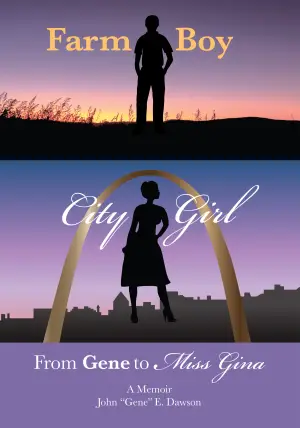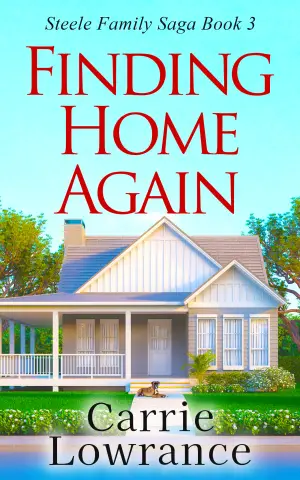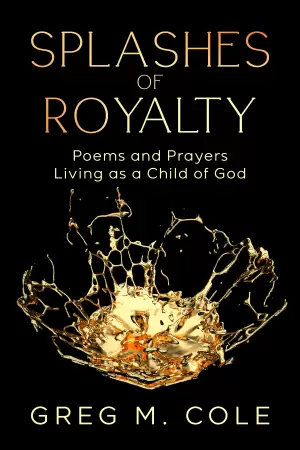Review of The Time Traveler’s Wife by Audrey Niffenegger
I’ll admit, I never intended to read The Time Traveler’s Wife. Romance novels, with their typical tropes, usually sit at the very bottom of my TBR pile. But when my October book club picked it, I found myself diving into Audrey Niffenegger’s world of time travel and love—an exploration I didn’t anticipate would ignite such a passionate response in me, both positive and negative.
At its heart, the novel is about Henry, a time traveler with a complicated fate, and Clare, an artist whose life revolves around him. The premise is fascinating: Henry involuntarily jumps through time while Clare’s life follows a linear path. Their love story unfolds in a unique, almost cinematic way, yet I found myself grappling with the ethical undertones of their relationship. Clare seems entrapped in Henry’s narrative, and I couldn’t shake off the feeling that her entire life, one that could have been rich and fulfilling independently, was predetermined by Henry’s timelines and whims. Quite frankly, there’s a degree of manipulation that unsettled me.
As I read, I kept pondering Clare’s acceptance of a life dominated by a man who appears, naked, in her childhood meadow, claiming to be her future husband. Is it romance or coercion? For me, the story raised questions about agency and choice that lingered long after I closed the book. Niffenegger builds an intricate world, yet the notion of fate leaves a bitter aftertaste. It’s hard not to see it as a commentary on romance that aims to sweep us off our feet, but instead becomes a philosophical conundrum about relationships.
The narrative style is both a strength and a weakness. Niffenegger alternates perspectives between Henry and Clare, which is meant to offer depth but sometimes muddles their distinct voices. I found it challenging to recognize who was speaking without checking the chapter headings, which detracted from my emotional investment in both characters. Yet, when Niffenegger’s writing hits, it truly shines—there are moments where the prose captures the beauty and tragedy of love with stunning clarity.
One poignant moment I found particularly striking was Henry’s departure, which made me truly feel the weight of love and loss. Niffenegger communicates grief in a way that resonates, forcing us to reckon with the fragility of life and the people we hold dear. But then there’s the juxtaposition of his goodbye letter, hinting at future visits, making Clare’s love feel more like a cruel game.
While I couldn’t fully buy into the romance, the emotional dynamics are undeniably captivating. For readers who enjoy sweeping tales of love tinged with existential dilemmas, this is a read that might strike a chord. Meanwhile, those looking for traditional romance may find themselves frustrated by the contentious themes of predestination and manipulation.
In conclusion, The Time Traveler’s Wife is a thought-provoking journey that challenges the conventions of love stories. While it may not have turned me into a fervent fan of the genre, it certainly sparked a deeper reflection on what it means to love, wait, and ultimately shape one’s destiny. So grab a copy if you’re curious about how fate intertwines with our choices, but prepare for a ride that may leave you questioning the very fabric of romantic tales.
Discover more about The Time Traveler’s Wife on GoodReads >>













